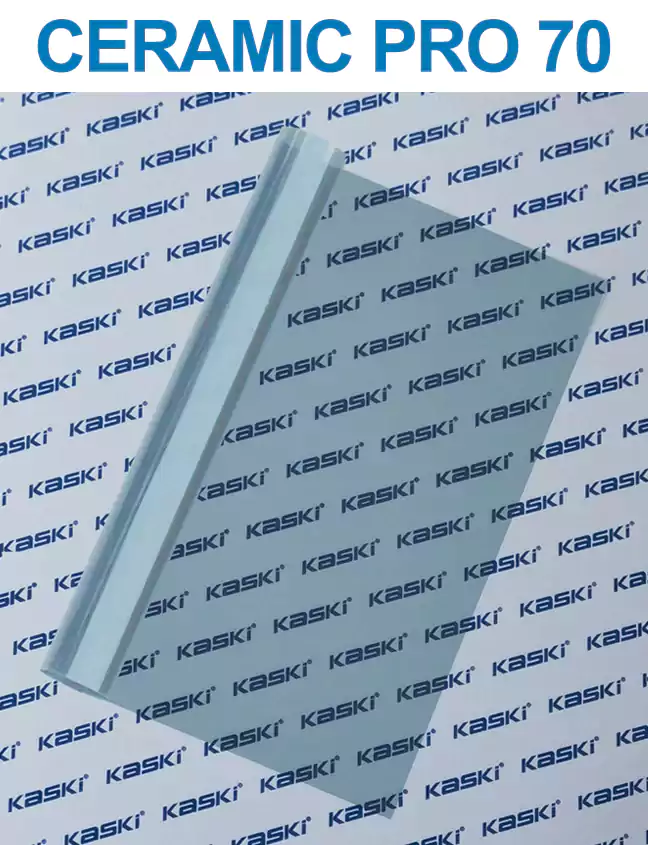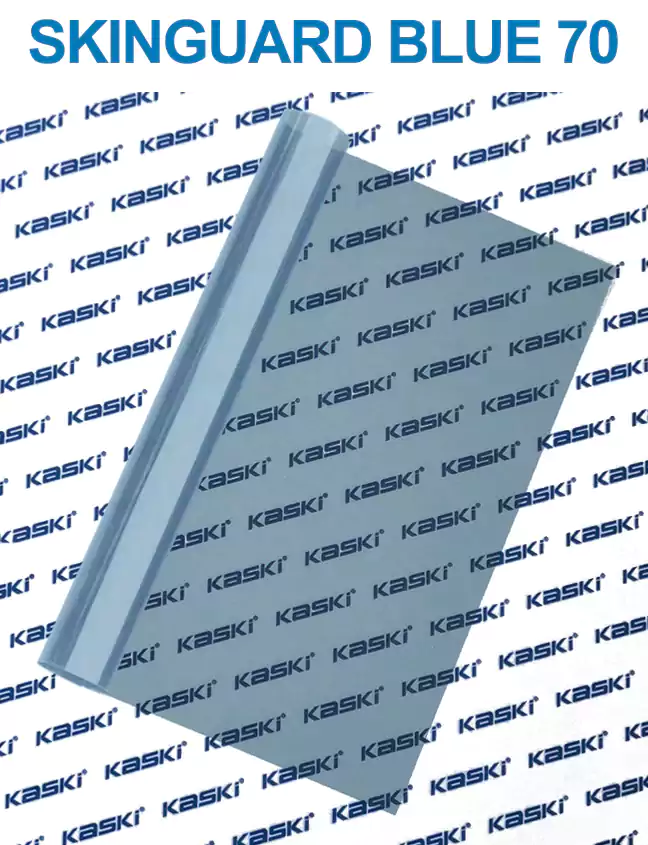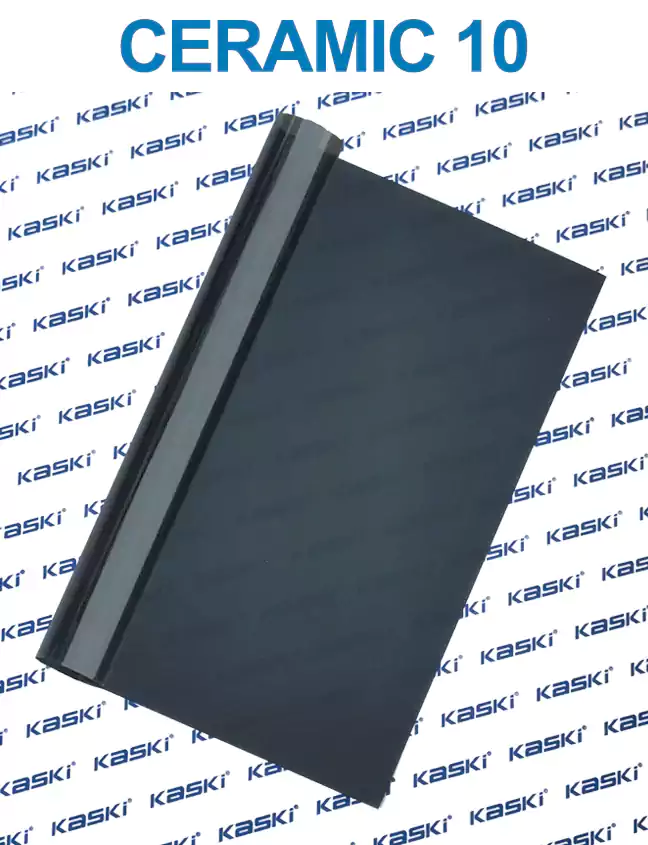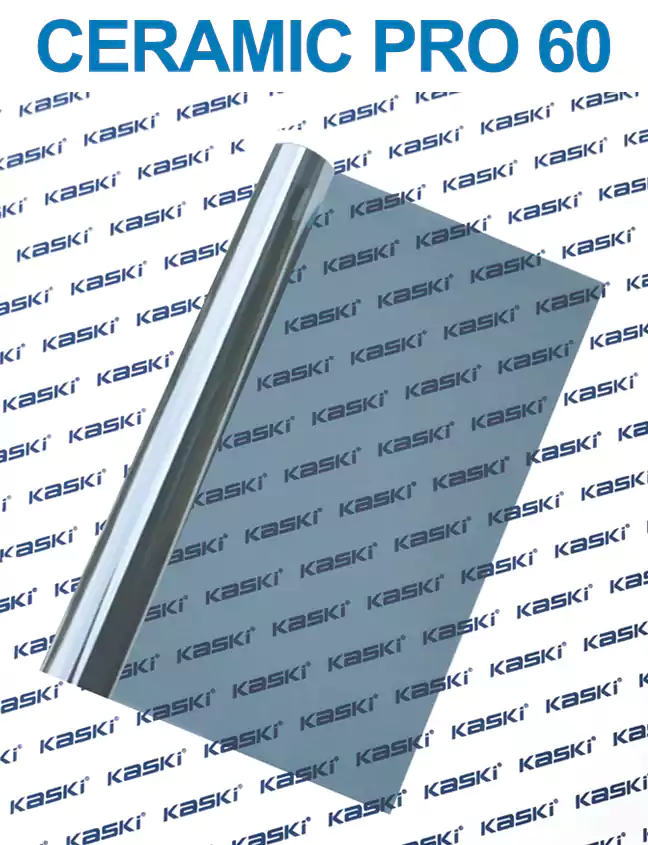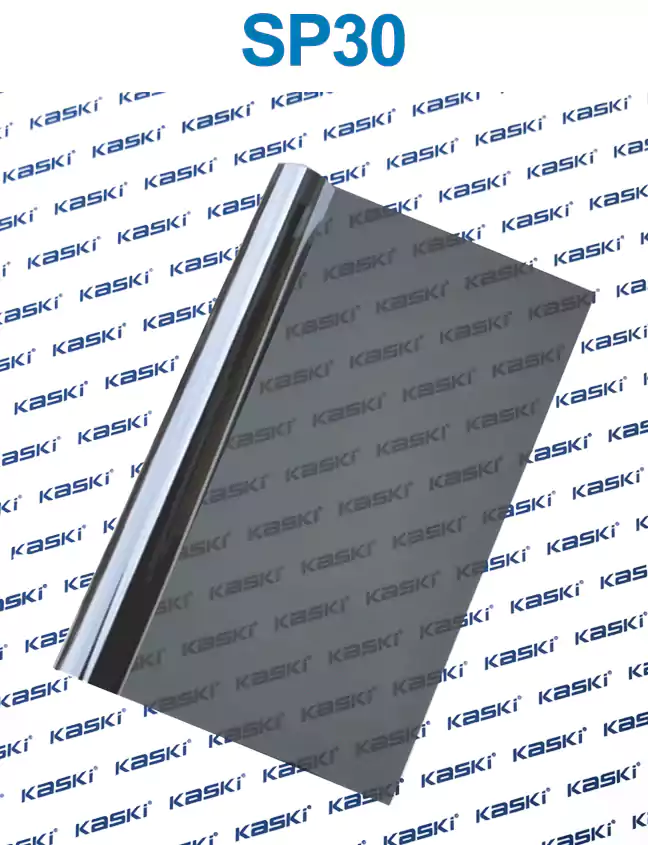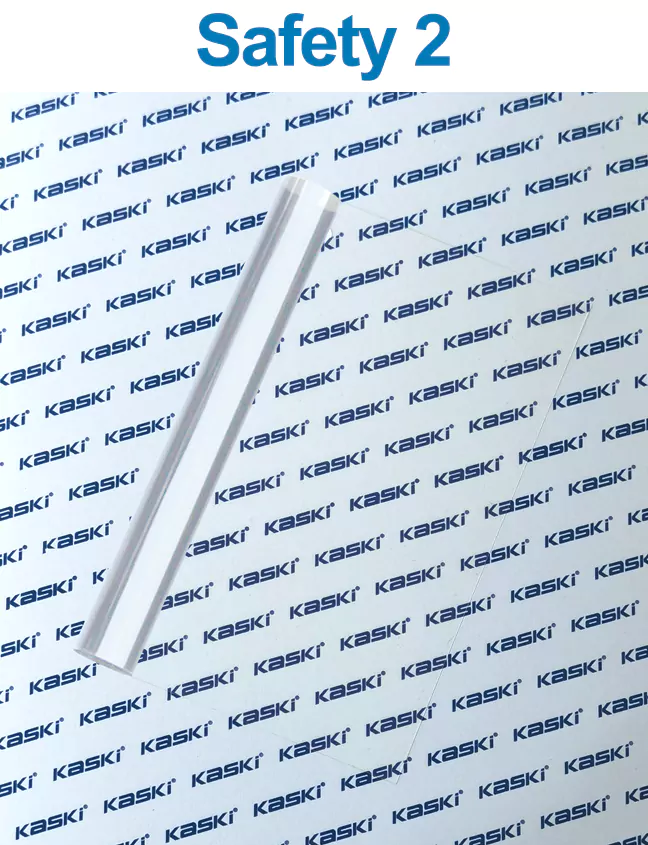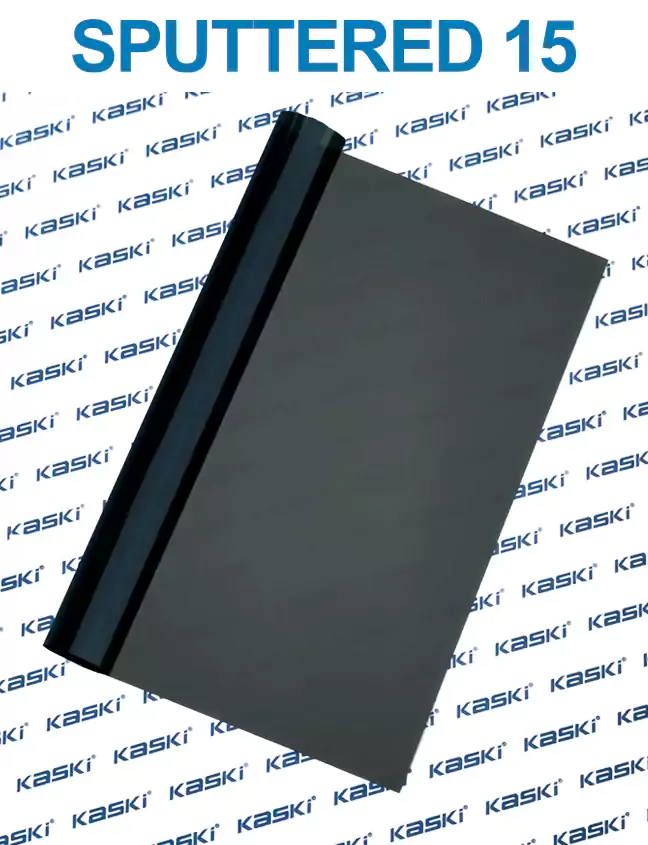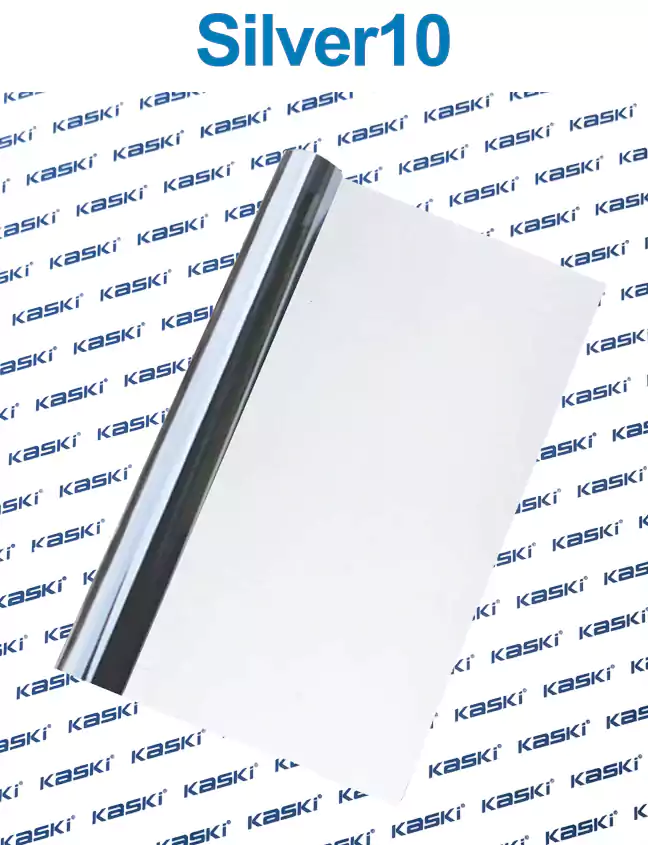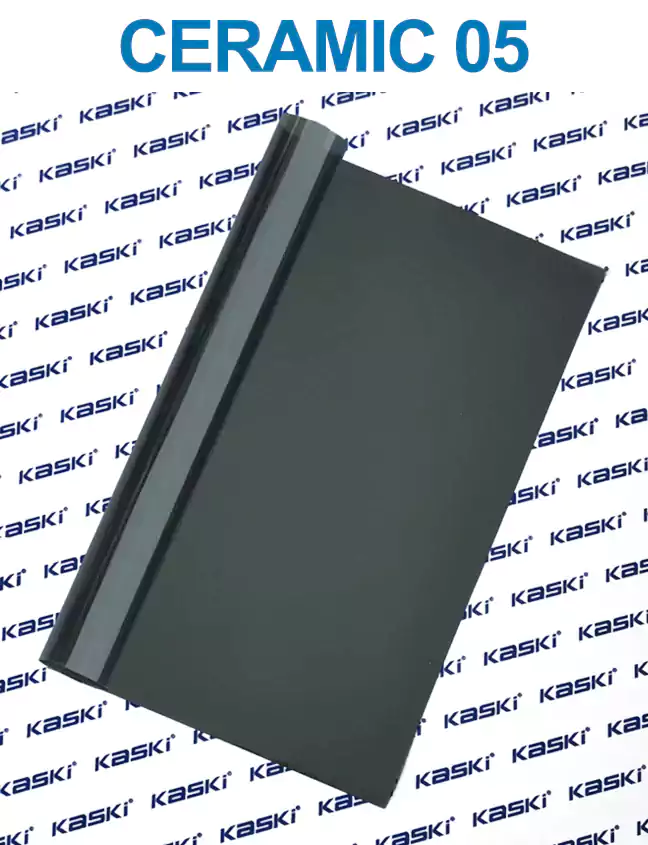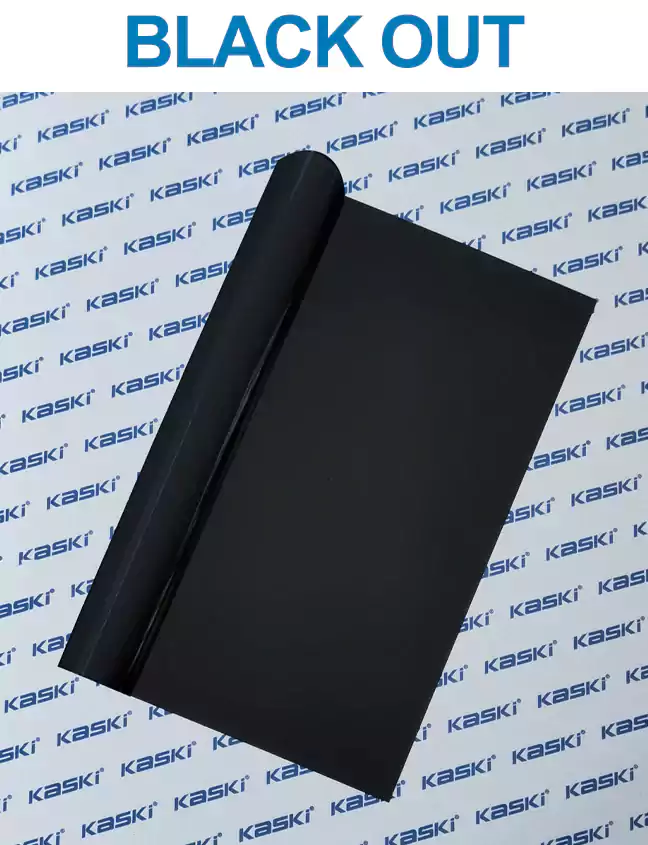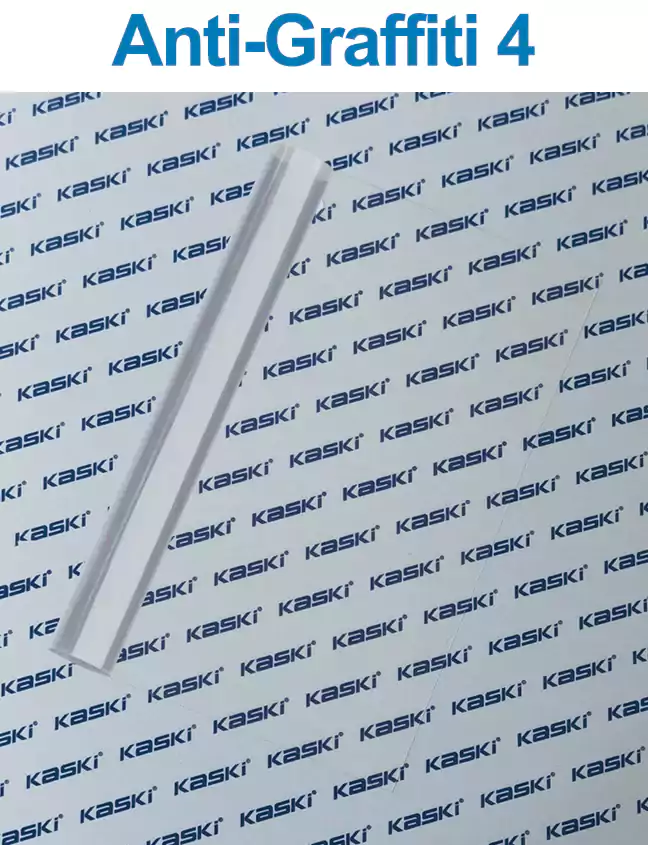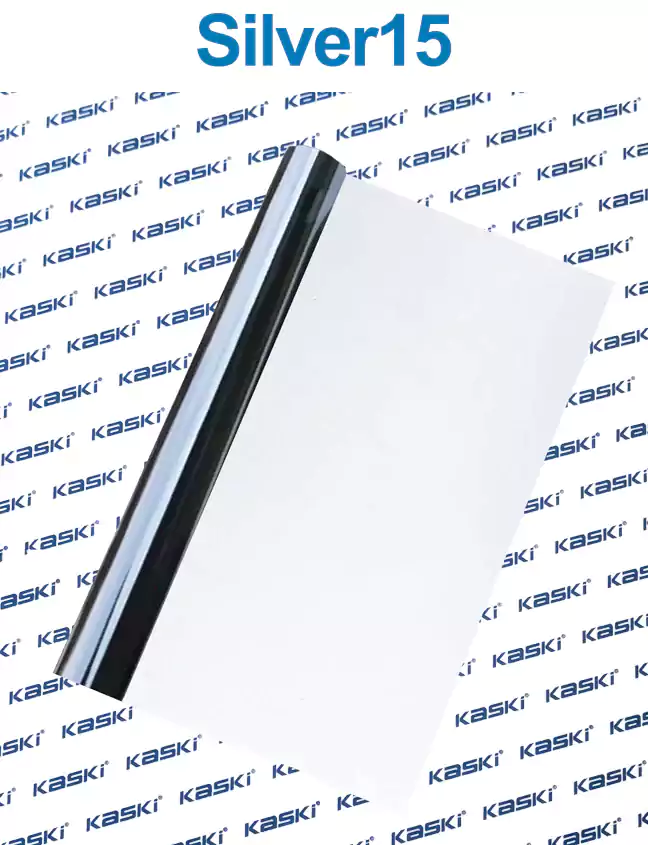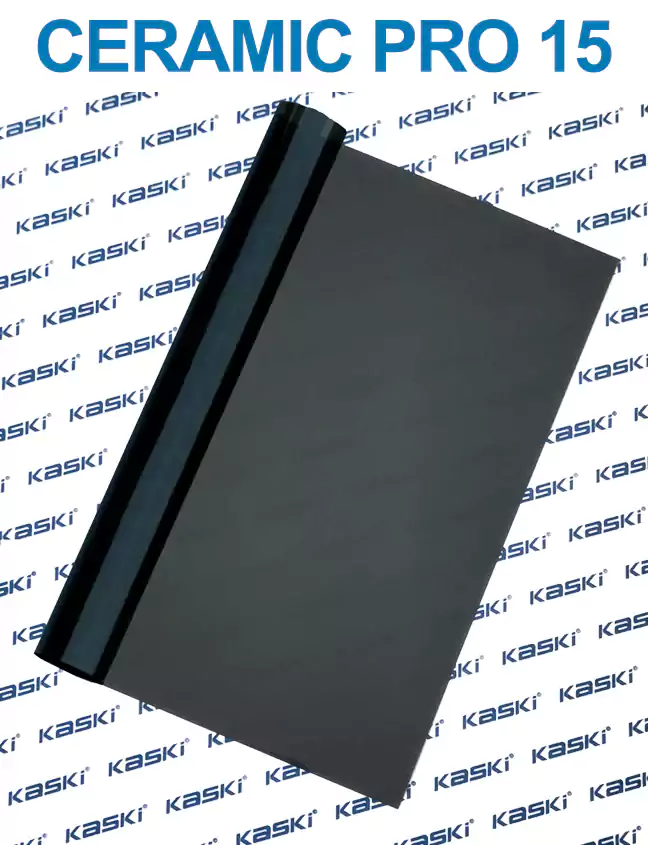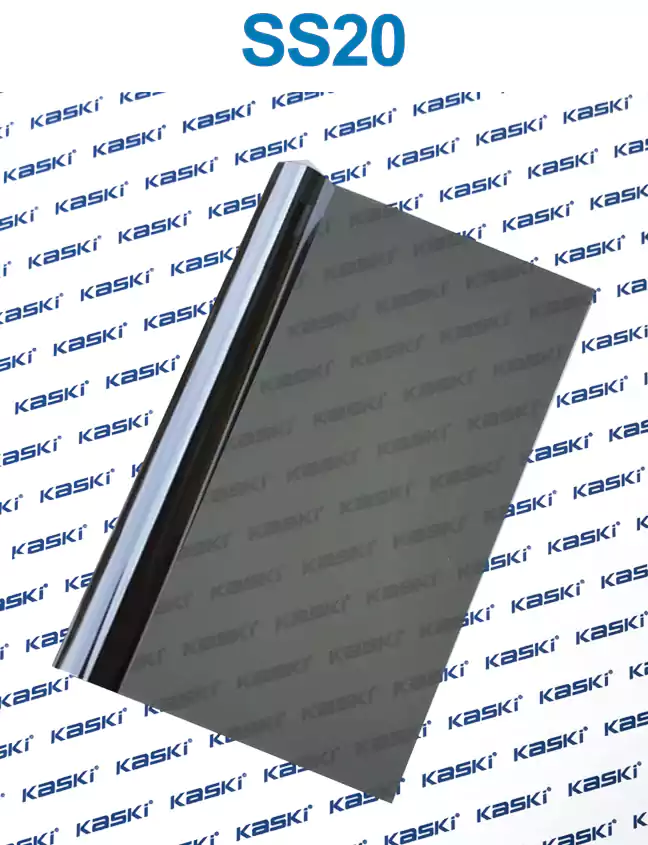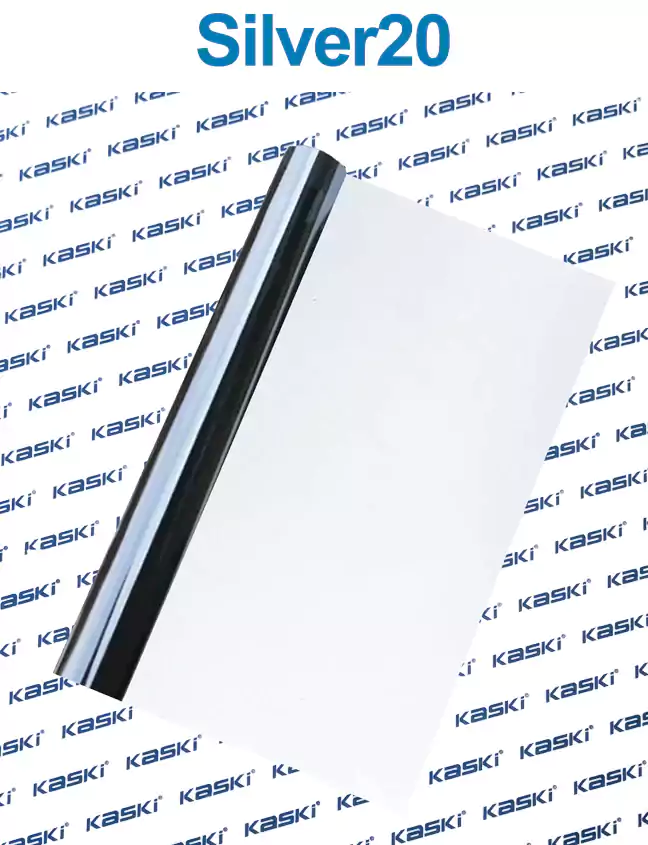Automotive window tinting is a popular and practical solution for enhancing the appearance, comfort, and efficiency of your vehicle. Whether you're looking to reduce glare, block harmful UV rays, or maintain a comfortable cabin temperature, window tinting can provide a wide range of benefits. In this comprehensive guide, we'll explore the principles, advantages, and step-by-step installation process of automotive window tinting.
The Principles of automotive window tinting
Window tinting film is a thin, transparent or semi-transparent material that is applied to the interior of a vehicle's windows. These films are designed to block a significant portion of the sun's rays, including ultraviolet (UV) and infrared (IR) light. By doing so, they can help to reduce the amount of heat and glare that enters the vehicle, improving overall comfort and energy efficiency.
The effectiveness of window tinting is measured by several key factors, including:
1. Visible Light Transmission (VLT): This refers to the percentage of visible light that is allowed to pass through the tinted window. A lower VLT means that less visible light is transmitted, resulting in a darker tint.
2. UV Rejection: Window tinting films can block up to 99% of harmful UV rays, protecting the vehicle's occupants and interior from sun damage.
3. Infrared (IR) Rejection: Tinting films can also block a significant portion of the sun's infrared rays, which are responsible for generating heat within the vehicle.
Advantages of Automotive Window Tinting
Automotive window tinting offers a wide range of benefits for vehicle owners, including:
1. Reduced Glare and Eye Strain: By blocking a portion of the sun's rays, window tinting can help to reduce glare and eye strain, making driving more comfortable and safer.
2. Improved Cabin Temperature: By blocking heat-generating infrared rays, window tinting can help to keep the vehicle's cabin cooler, reducing the need for air conditioning and improving fuel efficiency.
3. Enhanced Privacy and Security: Tinted windows can provide an extra layer of privacy, making it more difficult for outsiders to see into the vehicle.
4. Protect Interior Furnishings: The UV-blocking properties of window tinting can help to prevent fading and damage to the vehicle's interior, including upholstery, dashboards, and decorative curtains or blinds.
5. Increased Comfort and Energy Efficiency: By maintaining a more comfortable cabin temperature, window tinting can contribute to improved energy efficiency and a more comfortable driving experience.
Installing Automotive Window Tinting: A Step-by-Step Guide
Now that we've explored the principles and advantages of automotive window tinting, let's dive into the installation process. For this example, we'll be focusing on a Toyota Camry, but the general steps can be applied to a wide range of vehicle makes and models.
Step 1: Prepare the Vehicle
Begin by thoroughly cleaning the vehicle's windows, ensuring that they are free of any dirt, debris, or residue. This will help the tinting film adhere properly to the surface.
Step 2: Measure the Windows
Carefully measure the dimensions of each window that you intend to tint. This will ensure that you purchase the correct size of tinting film for a precise fit.
Step 3: Cut the Tinting Film
Using the measurements from the previous step, carefully cut the tinting film to the appropriate size for each window. Be sure to leave a small overlap to ensure a secure fit.
Step 4: Apply the Tinting Film
Carefully apply the tinting film to the interior of the vehicle's windows, starting with the side windows and working your way towards the rear. Use a squeegee or a soft cloth to smooth out any air bubbles or wrinkles.
Step 5: Trim and Secure the Tinting Film
Once the film is in place, use a sharp knife or scissors to trim any excess material around the edges of the window. Ensure that the film is securely adhered to the surface.
Step 6: Allow the Tinting Film to Cure
After the installation is complete, allow the tinting film to cure for a recommended period, typically 24-48 hours. During this time, avoid rolling down the windows or exposing the film to direct sunlight.
Testimonials
"I recently had my Toyota Camry's windows tinted, and I couldn't be happier with the results. The tinting has significantly reduced the glare and heat in my vehicle, making my daily commute much more comfortable. I've also noticed a noticeable improvement in my fuel efficiency, as I don't have to run the air conditioning as often. Highly recommended!"
- Sarah, Toyota Camry owner
"As a busy mom, I was looking for a way to keep my kids comfortable and protected from the sun's harmful rays while we're on the road. Automotive window tinting has been a game-changer. The installation process was quick and easy, and the results are fantastic. My car's interior stays cooler, and I have peace of mind knowing that my family is safe from UV exposure. I would definitely recommend this service to anyone looking to enhance their vehicle's comfort and efficiency."
- Emily, Toyota Camry owner
In conclusion, heat control window film is a practical and versatile solution for enhancing the appearance, comfort, and efficiency of your vehicle. By understanding the principles, advantages, and proper installation process, you can enjoy the many benefits that window tinting has to offer. Whether you're looking to reduce glare, block harmful UV rays, or maintain a comfortable cabin temperature, investing in heat control window film is a smart choice for any vehicle owner.

